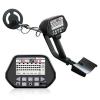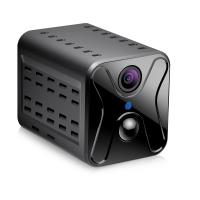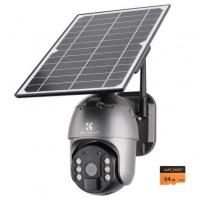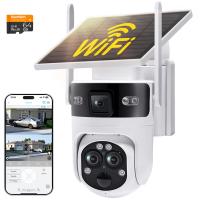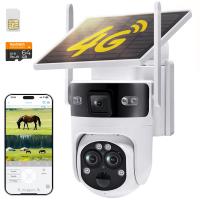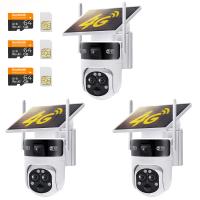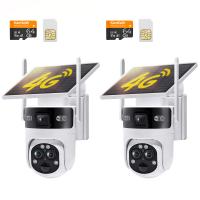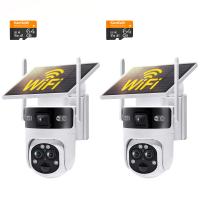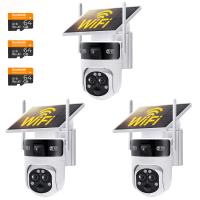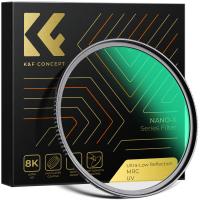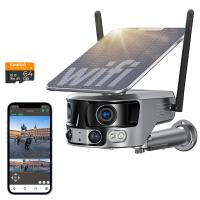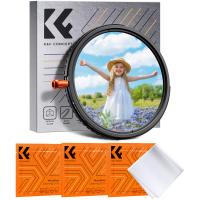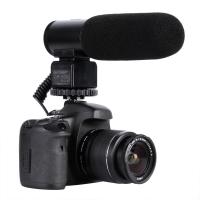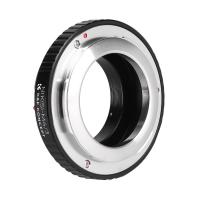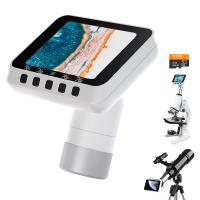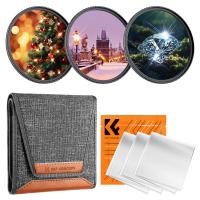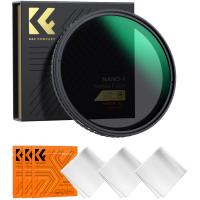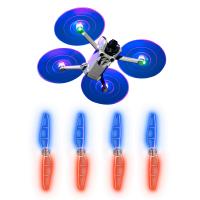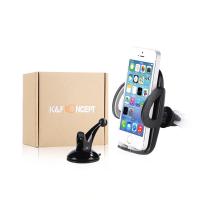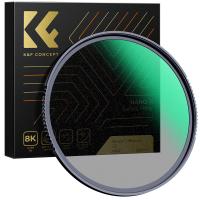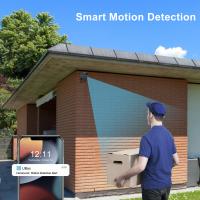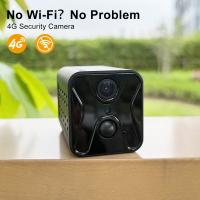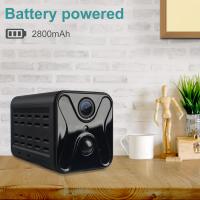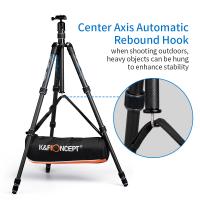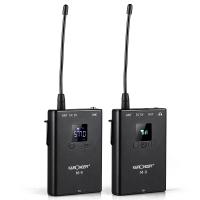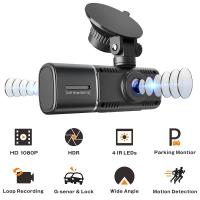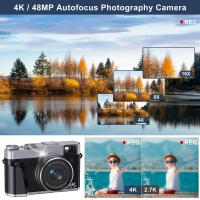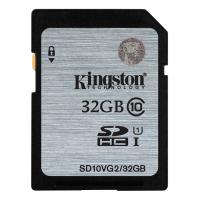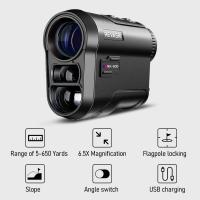How Good Are Security Cameras At Night?
Title: How Effective Are Security Cameras at Night? A Comprehensive Analysis
In an era where security concerns continue to heighten, security cameras have become essential assets for both residential and commercial properties. While their daytime capabilities are widely recognized, questions often arise about their performance under the cover of darkness. Nighttime is when vulnerabilities are more pronounced, and the need for effective surveillance becomes even more critical. This prompts an important question: How good are security cameras at night?
This article dives into the different aspects that determine a security camera’s efficacy at night, explains technological advancements that address low-light challenges, and offers practical tips to ensure optimal performance from your security cameras, even when the lights go out.
---
Understanding the Nighttime Surveillance Challenge
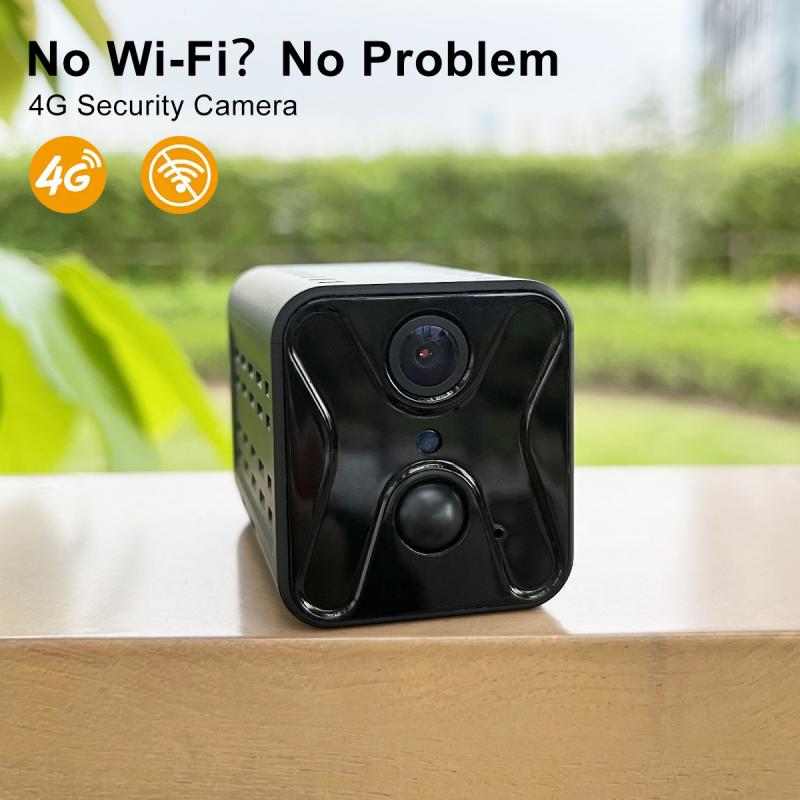
Nighttime surveillance is inherently more complex than daytime monitoring. In the absence of natural light, typical cameras struggle to capture clear and detailed footage. A lack of visibility can lead to grainy, blurred, or even completely dark footage, which might render your camera ineffective during the hours when you need it most.
Moreover, key challenges such as uneven artificial lighting, glare from external sources (like headlights or streetlights), and environmental factors like fog or rain can further exacerbate the quality of nighttime footage.
Fortunately, with advancements in camera technology, many of these limitations can be addressed. Let’s look at the factors that influence a camera's night vision capability and how modern solutions rise to meet these challenges.
---
Key Technologies That Enhance Nighttime Performance

1. Infrared (IR) Night Vision
Security cameras equipped with infrared LEDs are among the most common solutions for nighttime surveillance. Infrared cameras illuminate the area with light that is invisible to the human eye but can reflect off objects and be picked up by the camera sensor, producing black-and-white footage. This technology is highly effective for pitch-black conditions, making it a widely adopted feature in most modern security cameras.
- The Pros: Affordable and does not require visible light to function.
- The Cons: Limited range (typically 30–50 feet unless equipped with powerful IR LEDs) and reduced clarity compared to daytime footage.
2. Low-Light Cameras with Wide Dynamic Range (WDR)
Low-light security cameras use advanced image sensors to perform better under dim conditions. Wide Dynamic Range (WDR) plays a key role in adjusting brightness inconsistencies, ensuring clear images even in scenes with bright and dark regions.
- The Pros: Superior clarity in dim settings and can balance lighting better than standard cameras.
- The Cons: May require some residual light, such as streetlights, to perform effectively.
3. Color Night Vision
Some advanced cameras now offer color night vision, allowing for better detail even in low-light situations. By using sensors that work more efficiently with ambient light or IR lighting enhancements, these cameras provide colored images, which can be crucial for identifying details such as clothing or vehicle colors.
- The Pros: Offers greater detail and clarity compared to black-and-white IR footage.
- The Cons: Tends to be more expensive and requires some amount of ambient light to operate.
4. Thermal Imaging Cameras
For the most extreme low-light or completely dark settings, thermal cameras offer a unique solution by detecting heat signatures from people, vehicles, or animals. These cameras create images based on temperature differences, ensuring visibility even in situations where traditional cameras fail.
- The Pros: Works in complete darkness, unaffected by weather conditions.
- The Cons: High cost and limited capacity to capture finer details useful for identification.
5. Smart AI-Powered Cameras
AI-enhanced cameras combine advanced sensors with machine learning algorithms to improve nighttime performance. These cameras can automatically adjust brightness, recognize objects, and even detect movement patterns under various light levels.
- The Pros: Adaptive performance and advanced features like facial recognition or tracking.
- The Cons: High cost and potentially larger storage requirements due to better-quality footage.
---
Factors That Affect the Nighttime Effectiveness of Security Cameras
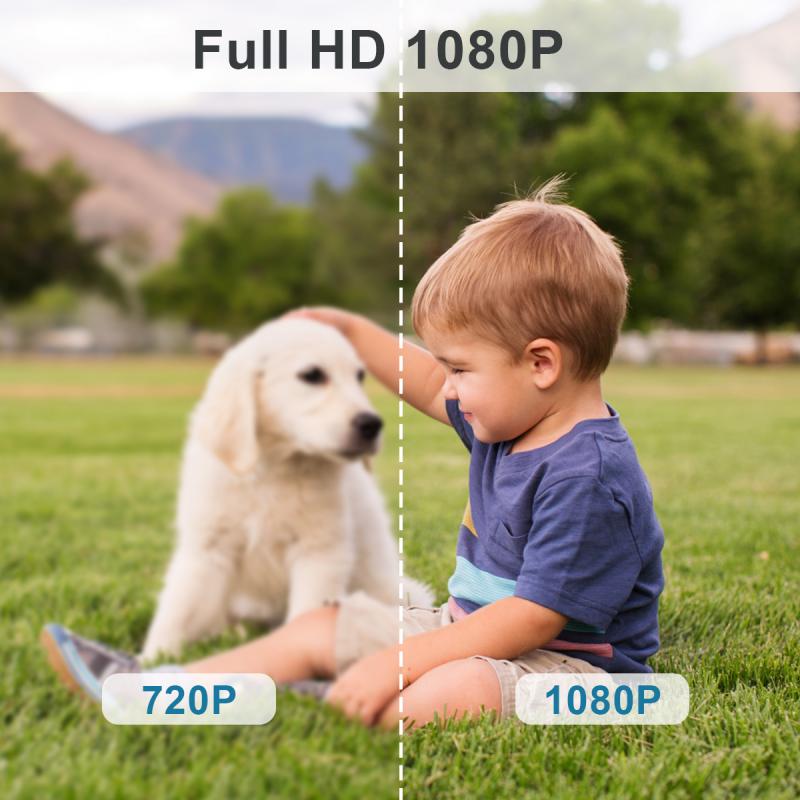
Understanding how well a security camera performs at night also requires consideration of environmental and operational factors. Here are the key factors that can influence nighttime footage quality:
1. Lighting Conditions
While some security cameras work well in total darkness (e.g., IR or thermal cameras), others benefit from low levels of ambient light. Installing low-consumption external lights (such as motion-triggered LEDs) can vastly improve footage quality for many cameras.
2. Resolution
Cameras with higher resolutions, such as 1080p, 4K, or higher, are generally able to capture clearer and more detailed footage. This means that even in low light, the footage remains usable for identifying faces, license plates, or other crucial details.
3. Field of View
Cameras with a wide field of view can monitor larger areas but might spread light concentration thin, leading to uneven image brightness. You may need multiple cameras to avoid compromising coverage in low-light conditions.
4. Weather Conditions
Fog, rain, or snow can reduce visibility and create challenges for most cameras. Some models are equipped with weather-resistant features or adaptive sensors to minimize these issues.
5. Location
The placement of your camera can make a big difference in its nighttime performance. Cameras installed near reflective surfaces (e.g., walls or large windows) may produce glare, while those facing away from light sources may struggle with dark scenes.
---
Practical Tips for Maximizing Nighttime Camera Performance
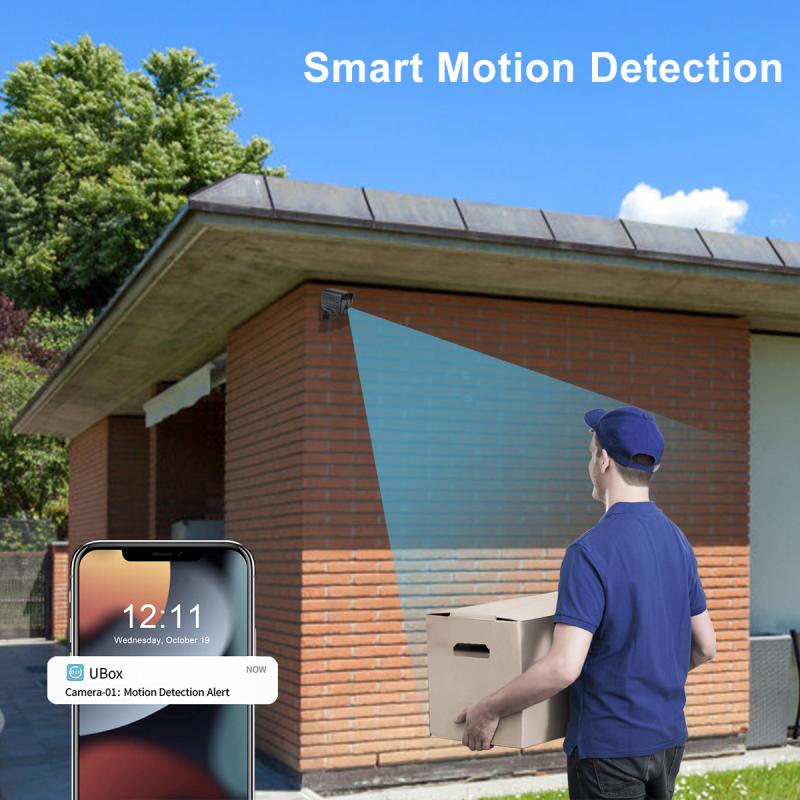
To ensure your security system is effective when it matters most, consider the following tips:
1. Invest in Cameras with the Right Features
Choose cameras designed for the specific lighting and environmental challenges of your property. For example, opt for IR night vision if you expect complete darkness, or go for AI-equipped cameras if you need accurate motion detection.
2. Pair with Motion-Activated Lights
Installing motion-triggered floodlights not only improves camera performance but can also deter potential intruders.
3. Regularly Test and Calibrate Cameras
Maintenance is key to ensuring optimal nighttime performance. Regularly check for dirt, fogging, or obstructions on the camera lens, and adjust settings to suit seasonal lighting changes.
4. Optimize Placement
Ensure cameras are strategically placed to minimize blind spots. Avoid areas that may experience intense glare or reflection from artificial lights.
5. Use Smart Monitoring Systems
Consider integrating your cameras with smart home or business security systems. These systems can alert you to abnormal activity and allow remote access to footage—even during nighttime.
---
Are Night-Optimized Security Cameras Worth the Investment?
While daytime performance is vital, a camera’s ability to function efficiently at night might ultimately determine its overall utility. Cameras that fail to provide clear, actionable footage during nighttime leave a significant gap in any security setup, undermining your investment.
Given the range of advanced technologies available today—whether it’s IR night vision, color night vision, or AI-powered solutions—you no longer need to rely on grainy, unusable footage during after-dark hours. Investing in quality security cameras with appropriate nighttime capabilities ensures that you're prepared to monitor and safeguard your property, round the clock.
---
Final Thoughts
In conclusion, security cameras at night can be highly effective, provided you choose the right type of technology and optimize their setup. From infrared night vision to AI-enabled cameras, consumers now have a wide range of options to address nighttime surveillance challenges. By understanding the factors that affect camera performance and implementing best practices for placement and maintenance, you can ensure your security setup doesn’t falter when the sun goes down.
Whether you’re securing your home or protecting a business, reliable nighttime surveillance is a necessity, not a luxury. By selecting cameras equipped for low-light environments and making thoughtful adjustments to enhance their capabilities, you can achieve peace of mind around the clock.

